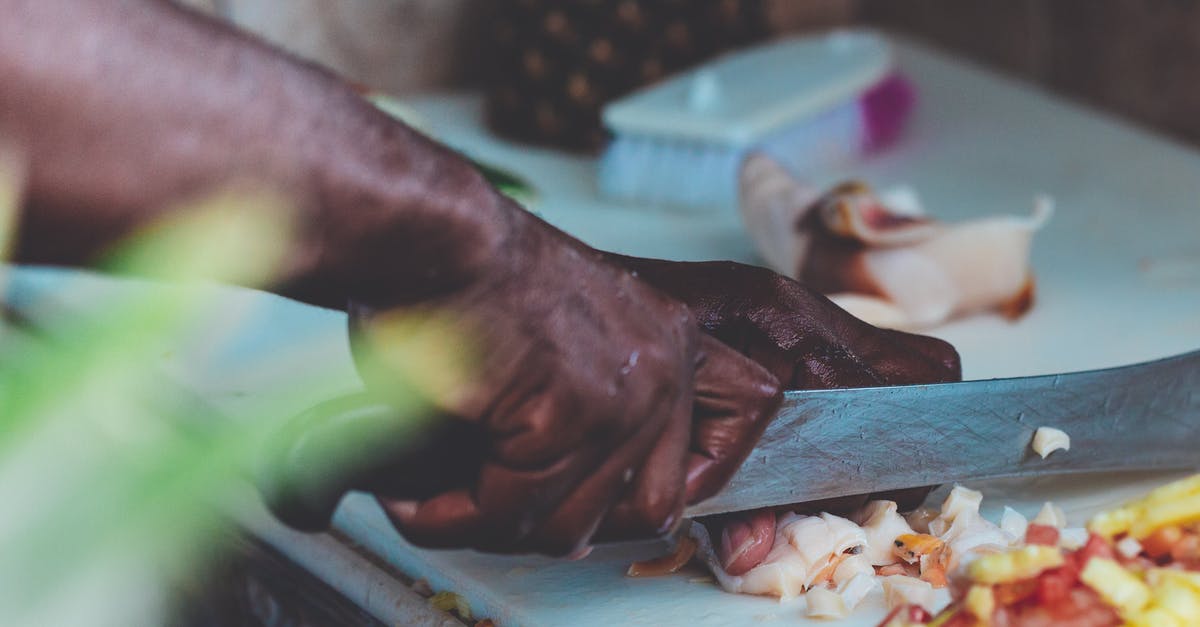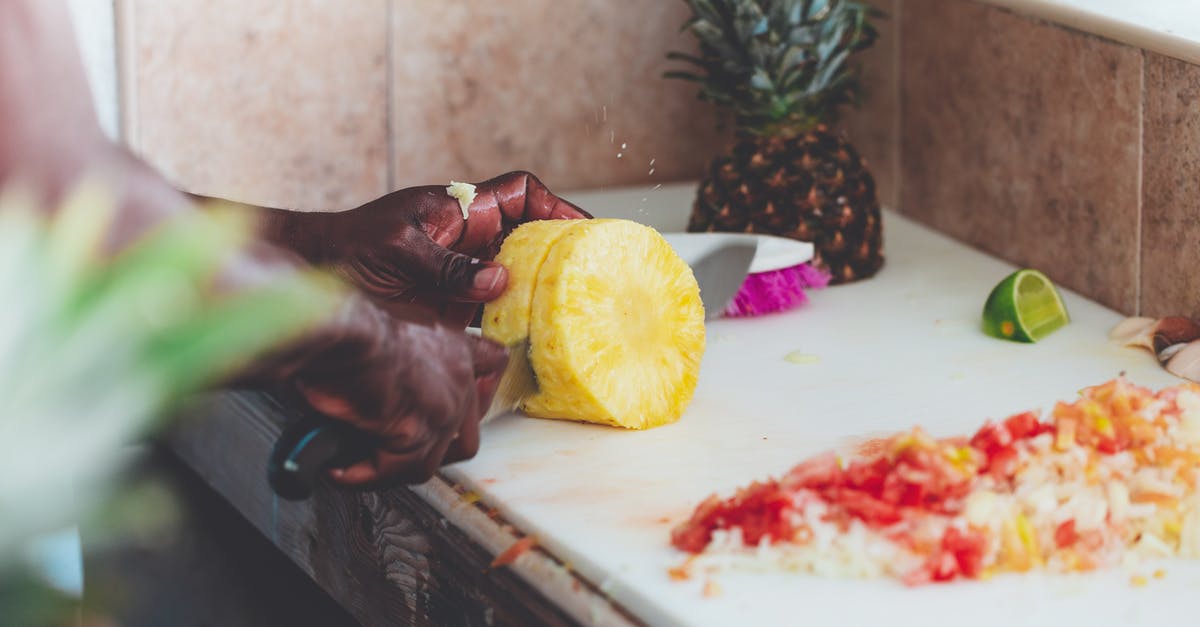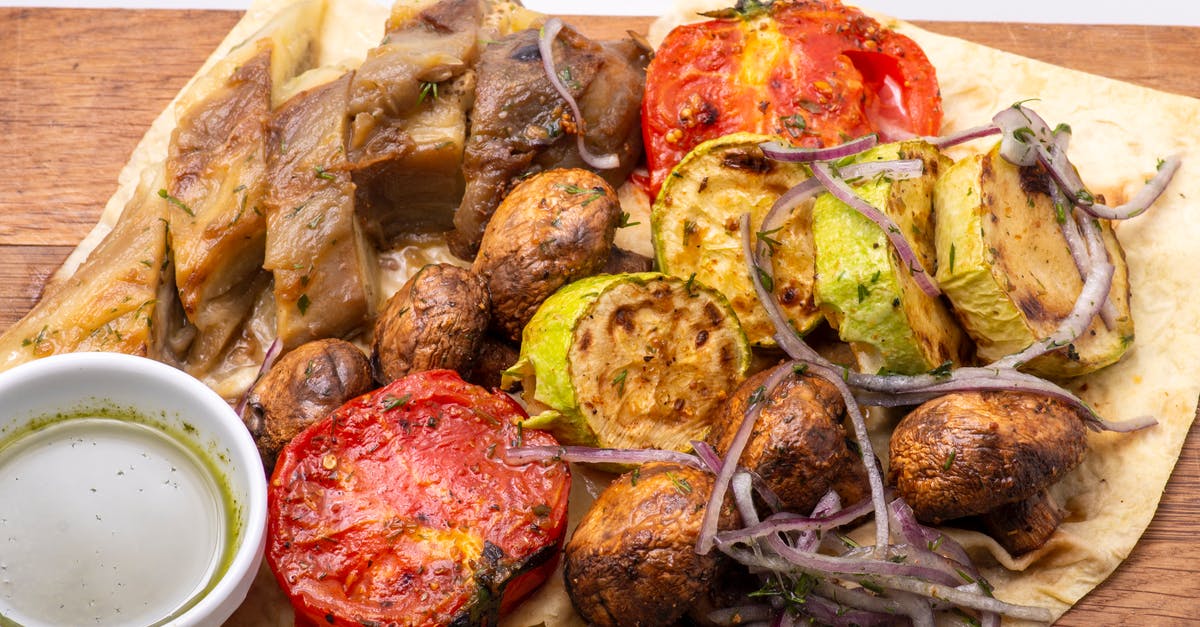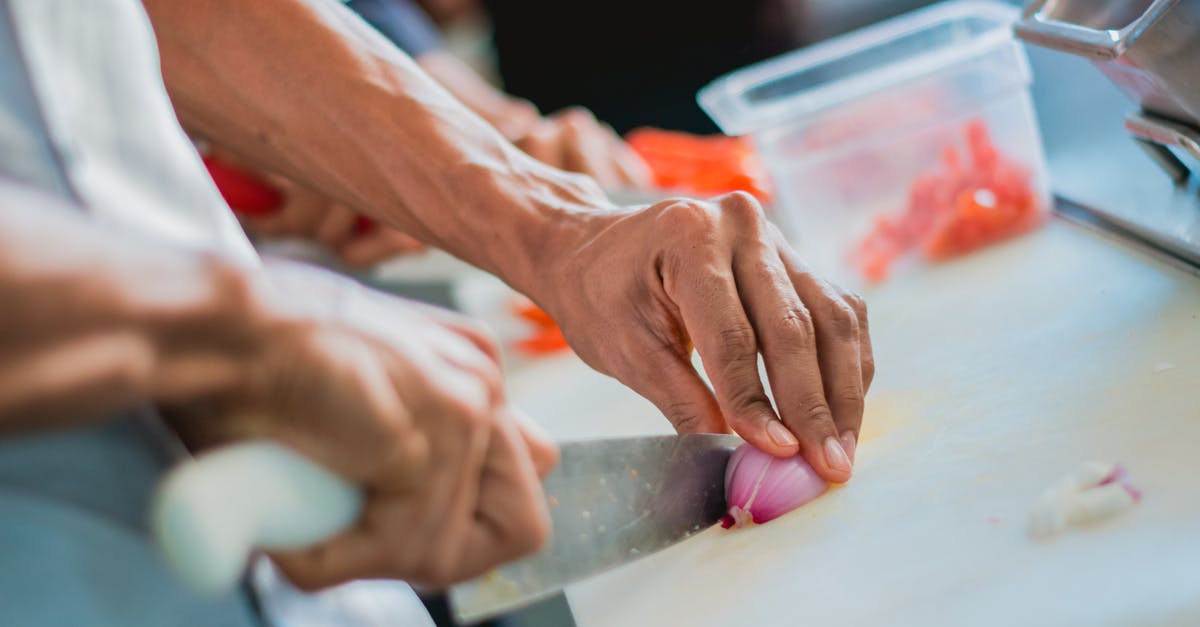Can you develop an immunity to chopping onions causing tears?

I just chopped a particularly strong onion, I noticed some slight irritation but no tears. I realized then that onions haven't made me cry for years, decades even. I use all kinds of onions and take no special precaution to prevent tears. I don't refrigerate them, remove the core, use goggles, light a candle, anything like that. Granted, I've gotten better (faster) at it over the years, but I remember hating chopping onions in my youth because of the eye irritation. It doesn't seem that speed alone could account for the difference in my reaction.
Can I chalk it up to a similar phenomenon that gives me asbestos fingers and my tolerance for extremely hot (spicy) food?
Best Answer
Given that the tear-causing effect of onions is due to a straight forward chemical process, it seems highly unlikely that you would develop any kind of actual immunity in terms of the effect. Scientific American describes it:
Peeling, cutting or crushing an onion's tissue releases enzymes called allinases, which convert these molecules to sulfenic acids. The sulfenic acids, in turn, spontaneously rearrange to form syn-propanethial-S-oxide, the chemical that triggers the tears. They also condense to form odorous thiosulfinates, coincidentally evoking the pungent odor associated with chopping onions and eliciting the false accusation that it is the odor that causes the weepy eye. Incidentally, sulfenic acid in garlic takes a different chemical route, sparing the eyes. The formation of syn-propanethial-S-oxide peaks at about 30 seconds after mechanical damage to the onion and completes its cycle of chemical evolution over about five minutes.
[ ... ] Free nerve endings [on the cornea] detect syn-propanethial-S-oxide on the cornea and drive activity in the ciliary nerve--which the central nervous system interprets as a burning sensation--in proportion to the compound's concentration. This nerve activity reflexively activates the autonomic fibers, which then carry a signal back to the eye ordering the lachrymal glands to wash the irritant away.
It turns out that newer science indicates the conversion is not spontaneous, but due to an enzyme for this purpose, now named lachrymatory-factor synthase.
What is likely, especially for an experienced cook are:
- Improved knife skills and speed, lowering the amount of time in close contact with the irritating gasses produced by chopping onions
- Increased tolerance for the specific sensation
Pictures about "Can you develop an immunity to chopping onions causing tears?"



Quick Answer about "Can you develop an immunity to chopping onions causing tears?"
The best way to obtain an "immunity" is to use an extremely sharp knife. I've probably cut 3000 onions over the past few years and only twice have I even slightly teared up, and that is when I was cooking at my mothers with god awful knives. Also, never use a serated knife with an onion.Why do some people not tear up when cutting onions?
Onions contain a chemical compound that releases into the air and causes our eyes to water. Using a sharp knife creates cleaner slices and causes less of the compound to spread through the air. Cutting into a chilled onion is known to produce fewer tears than one that's room temperature.How do I stop onions from irritating my eyes?
4 Ways to Reduce Tearing while Cutting OnionsHuman Tears - Why do onions make you cry? | #aumsum #kids #science #education #children
More answers regarding can you develop an immunity to chopping onions causing tears?
Answer 2
Yes, you can. Apparently workers at plants handling large amounts of onions have no problem:
At the plant, they say you get used to cutting onions and stop crying after a few minutes.
Answer 3
I don't know how old you are, but the most likely explanation is simply biological changes. Thermo receptors in the human body, most noticeably at hands and feet, become less sensitive as we get older, or, to put it another way, the threshold at which we experience these sensations is much higher, and that's an ongoing process as we grow and mature. There's a clue in this, for example - the reason why you're advised to test the baby's bath water with your elbow, even if you are in your twenties, is because the baby's receptors are on full alert and the skin is much more vulnerable than older skin, so your hands, at 25, won't experience great heat when a baby's will. There's a complicated scientific explanation regarding nerve fibres, but I won't go into that. I'm assuming this may also apply to the tongue, particularly given that we lose taste buds over the years roughly as follows - you may start out with thousands (some people have higher numbers at birth), but around age 80, the average human has about 80 left.
Regarding the lack of tears - I don't cry with onions any more either, although I still get the burning sensation. The reason I don't is because I've got something called Sjogrens, and am now rarely able to actually produce tears, no matter how much I may feel like it. I doubt this is the explanation for you, or your tongue would be too sore to put up with hot, spicy food, but there are other conditions that cause less fluid to be available to the tear ducts, again related with ageing, so your eye may, first, be less sensitive due to nerve fibre changes, and secondly, the tear response is not so readily activated even if a perceived irritant is detected.
Not very cheerful I know, and yet more proof that the obsolesence factor is built in...
Answer 4
I noticed that the third time I was exposed to tear gas in boot camp I was getting less sensitive. The next time that I chopped onions it bothered me not at all. I'm also not in agony if I get jalapeno juice in my eyes. So I would say I learned it somehow; whether or not that's applicable for others I don't know. No one else in boot camp was anything except extremely vulnerable to tear gas, period, so it wasn't bad batches.
Answer 5
Apart from biologial changes (as discussed by the other posters) I strongly suspect another factor:
Your improved equipment & technique.
- With sharper knives (-> less ruptured cells, less "tear gass")
- and faster work (-> less exposure time)
- you gained confidence and are not tempted to watch yourself work as closely as you probably did as a beginner: Instead of bending over your cutting board you work in front of you. (And thus are less exposed to raising fumes.)
I observed this working with my children in the kitchen: They will look closely and from the top - hey, those knives are sharp and close to the fingers! - and tear up. When I had them work in front of them, we had a lot less trouble. My 5yo now can cut onions without tearing up - provided she remembers to keep her hands off her face.
Answer 6
The best way to obtain an "immunity" is to use an extremely sharp knife. I've probably cut 3000 onions over the past few years and only twice have I even slightly teared up, and that is when I was cooking at my mothers with god awful knives. Also, never use a serated knife with an onion.
Sources: Stack Exchange - This article follows the attribution requirements of Stack Exchange and is licensed under CC BY-SA 3.0.
Images: Craig Adderley, Craig Adderley, Ruslan Khmelevsky, Jesus Cabrera
